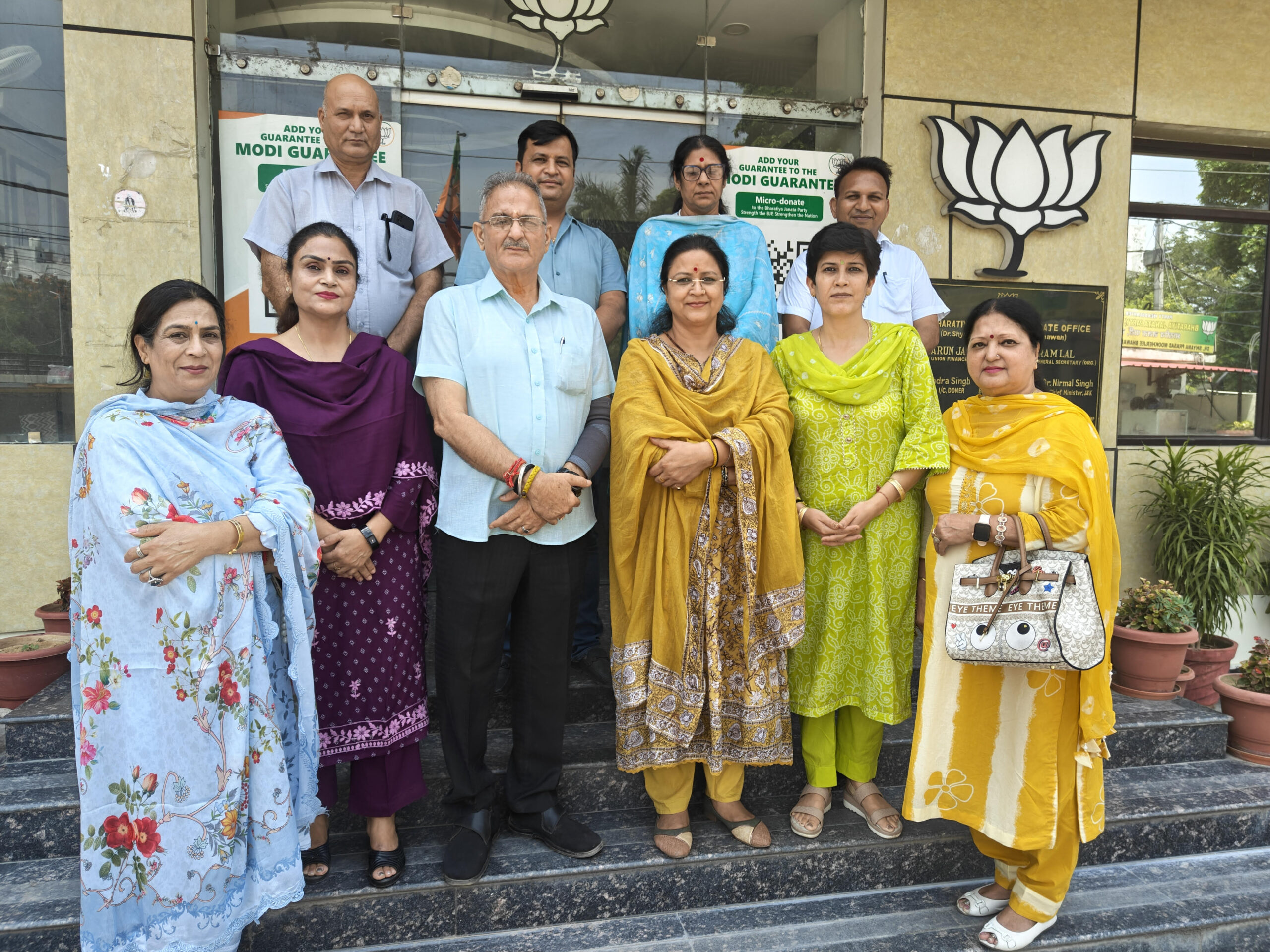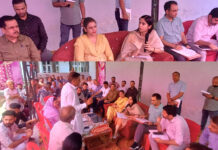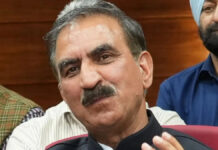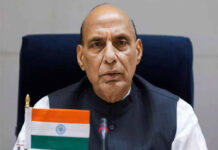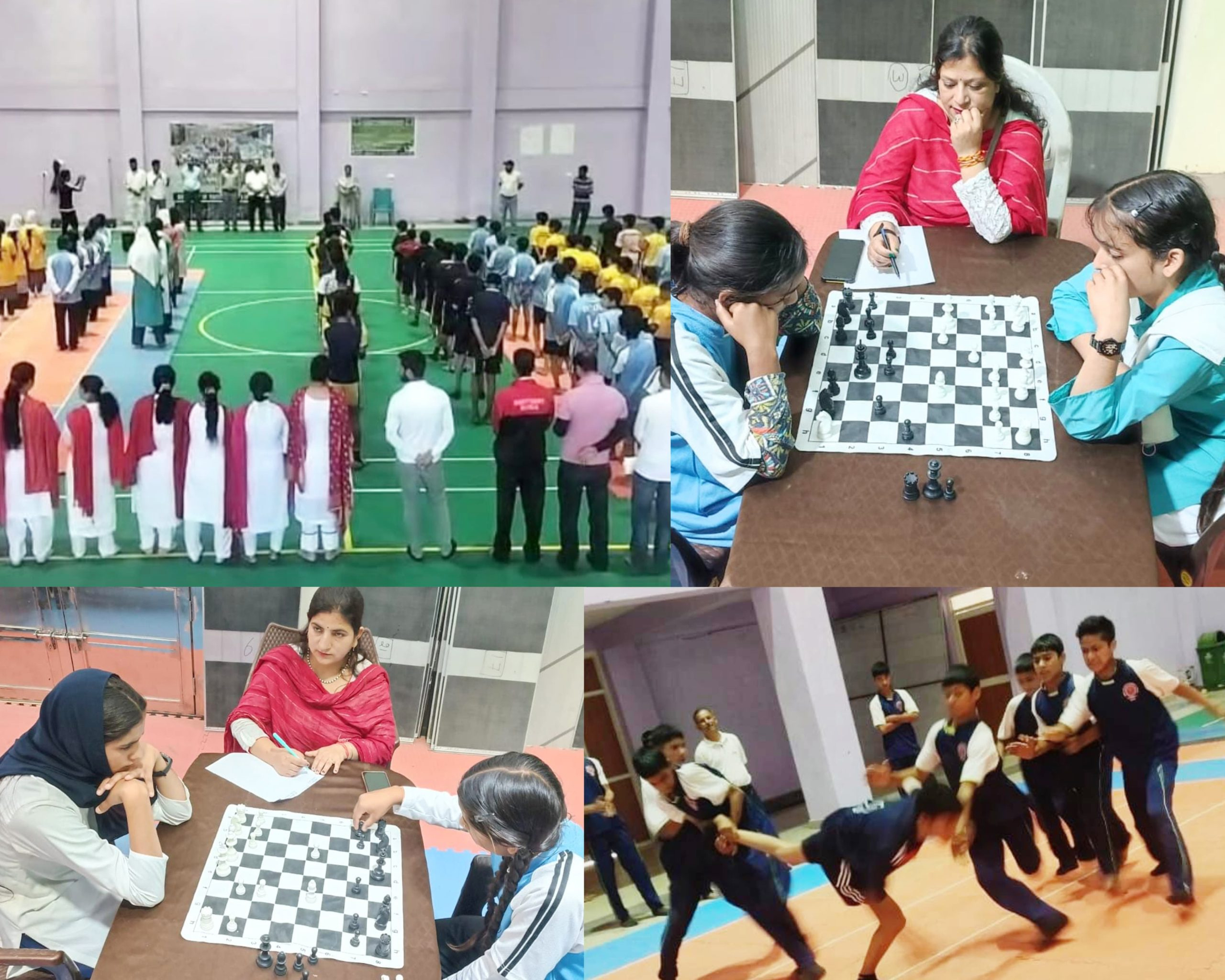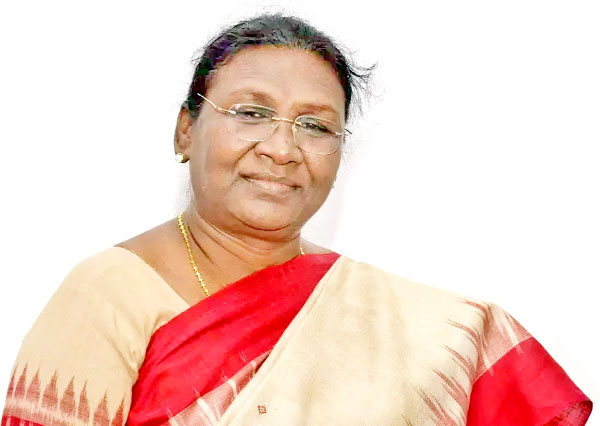DOGRA HERALD BUREAU
NEW DELHI, June 27
President Droupadi Murmu on Thursday described the imposition of Emergency in 1975 as the “biggest and darkest chapter” of direct attack on the Constitution, and said the country emerged victorious over such unconstitutional forces.
Addressing a joint sitting of Parliament after the constitution of the 18th Lok Sabha, she said when the Constitution was being drafted, there were forces in the world who wished India to fail.
Even after the Constitution came into force, there were several attacks on the Constitution, she noted.
“Today is 27th June. The imposition of Emergency on June 25, 1975 was the biggest and darkest chapter of direct attack on the Constitution. The entire country felt outraged. But the country emerged victorious over such unconstitutional forces as the traditions of the republic lie at the core of India,” she said.
She said her government also does not consider the Constitution of India “as just a medium of governance; rather we are making efforts to ensure that our Constitution becomes a part of public consciousness”.
“With this very objective in mind, my government has started celebrating November 26 as Constitution Day,” Murmu noted.
Now the Constitution has also fully come into force in that part of India, our Jammu and Kashmir, where the conditions were different due to Article 370, she observed.
Vice President and Rajya Sabha chairperson Jagdeep Dhankhar, Prime Minister Narendra Modi and Lok Sabha Speakr Om Birla had earlier criticised the state of Emergency imposed in 1975.
Addressing the media in Parliament complex ahead of the start of the first session of the 18th Lok Sabha on June 24, Modi had termed the Emergency a black spot in India’s parliamentary history when the Constitution was discarded and the country turned into a prison.
Soon after his election as Lok Sabha Speaker, Birla on Wednesday had set off a firestorm by reading out a resolution condemning the imposition of Emergency as an attack on the Constitution by the then prime minister Indira Gandhi, an act that triggered vociferous protests by Congress member in the House.
Birla recalled that it was on June 26, 1975 that the country woke up to the cruel realities of Emergency, when the Congress government jailed opposition leaders, imposed many restrictions on the media and also curbed the autonomy of the Judiciary.
Addressing an event in Ghaziabad on Wednesday, Vice President Dhankhar said that under any circumstances such a day will not be witnessed in the country now.
Dhankhar said, “The country has never seen dense black clouds, which this day saw (in 1975). The biggest democracy of the world had gone in the dark in 1975. In any circumstances, India will not see such a day.
On June 25, 1975, at midnight, the then President Fakhruddin Ali Ahmed declared a state of Emergency in India following advice from the then Prime Minister Indira Gandhi.
Meanwhile, the Modi government has ensured a dignified life for many families who suffered due to the Partition by granting them Indian nationality under the Citizenship Amendment Act (CAA), President Droupadi Murmu said on Thursday.
Addressing a joint sitting of both Houses of Parliament after the constitution of the 18th Lok Sabha, Murmu referred to the contentious CAA and said the Modi government has started granting citizenship to refugees under the Act.
“It has ensured a dignified life for many families who have suffered due to the Partition. I wish a better future for the families who have been granted citizenship under the CAA,” she said.
The first set of citizenship certificates under the CAA was issued to 14 people in Delhi on May 15. Subsequently, the Union government granted citizenship in West Bengal, Haryana, Uttarakhand and other parts of India.
The CAA was enacted in December 2019 for granting Indian citizenship to persecuted Hindu, Sikh, Jain, Buddhist, Parsi and Christian migrants from Bangladesh, Pakistan and Afghanistan who came to India on or before December 31, 2014.
After the enactment, the CAA got the president’s assent but the rules under which the Indian citizenship is granted were issued after over four years on March 11.


